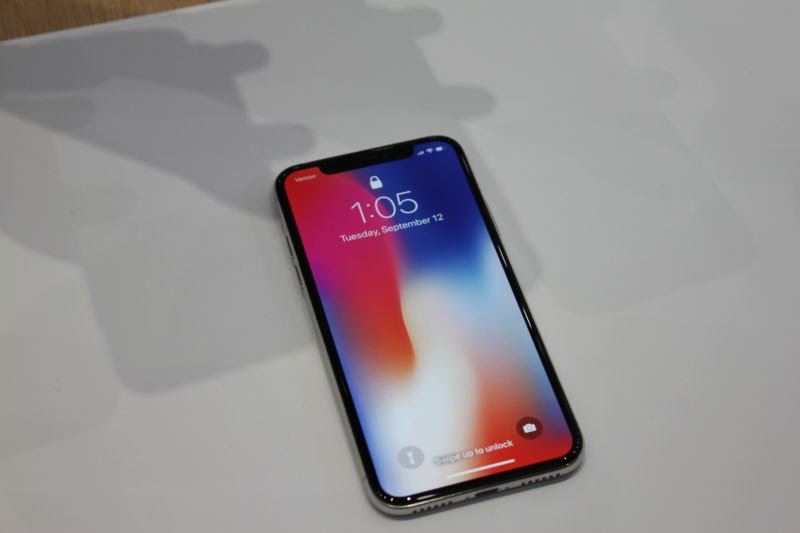Is Iphone X > 8? Solving Apple’s iPhone sales equation

Apple ditched the iPhone 7S and jumped straight to the iPhone 8, which is unusual in itself – but the surprises don’t stop there. The iPhone X (or iPhone 10) is a special celebratory device designed to celebrate the 10th anniversary of the iPhone line.The iPhone 8 saw Apple's weakest new phone sales in years, while iPhone X demand outstripped supply within minutes of the start of pre-orders last night. It would be easy to conclude that an underwhelming iPhone 8 has been ignored by consumers in favor of a much more exciting iPhone X, but it's actually not that simple.
Apple's online store now shows new pre-orders of all iPhone X SKUs shipping in 5-6 weeks in the US—more than a month after launch day. Generally, iPhone 8 pre-order shipments didn't get backed up that far. Apple also said consumer demand for the X was "off the charts" in a statement after launch day units sold out within 10 minutes.
.jpg)
Meanwhile, market research firm Consumer Intelligence Research Partners told The Wall Street Journal that the iPhone 8 and 8 Plus only accounted for 16 percent of iPhone sales in the September quarter, compared to 43 percent for the iPhone 7 and 7 Plus last year. The iPhone 8 models constituted 2.4 percent of iPhones in use one month after shipments began—predecessors managed more than twice that share in the same time period. A survey of carrier stores showed the cheaper iPhone 7 outselling the iPhone 8 in the US and UK, though customers who shop at carrier stores may generally have different preferences than those who buy their phones directly from Apple or from other types of retailers.
Apple has previously launched multiple distinct iPhone models in quick succession—for example, it released the iPhone SE only a few months before the iPhone 7 and 7 Plus in 2016. But the iPhone 7 and iPhone SE landed at different price points for different consumers; the iPhone 8 and iPhone X are both flagship phones configured and priced for high-end users. KGI securities was confident in saying that the iPhone X at a minimum cannibalized iPhone 8 demand, but the firm made that determination by studying how far into the future pre-order shipments became backed up.
It's important to note, though, that backed up pre-orders might not be a reliable indicator of popularity. We've already heard that supply would likely be an issue with the iPhone X, as Apple reportedly encountered part bottlenecks and other challenges when manufacturing the device. We just don't know how many units were produced of either phone; it's possible that the phones have seen similar demand or that the iPhone X has seen less. In that case, the iPhone X's pre-orders could be backed up because Apple manufactured far fewer units of that phone, not because consumers were more excited about it.
We can't conclusively say that the iPhone X is more attractive to buyers than the iPhone 8. When reviewing the iPhone 8, Ars was impressed by its computing power and internals, but we found aspects of the phone's design to be outdated and unambitious. Some consumers nevertheless found value in the iPhone 8, but clearly some withheld their wallets in anticipation of the iPhone X.
nice post
good